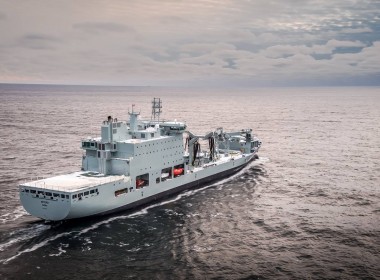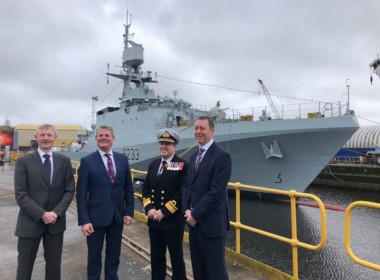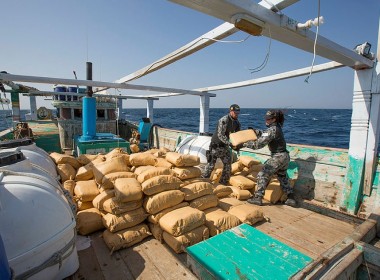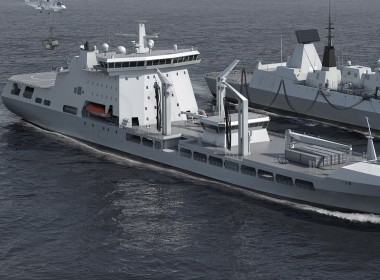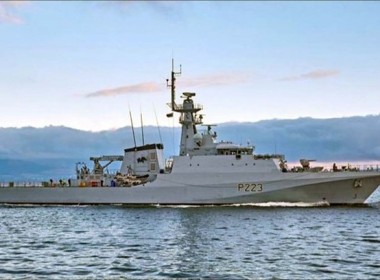English Channel migrant crisis: the Royal Navy takes command

The year 2021 saw a record-breaking 28,381 irregular migrants (IM) cross the English Channel from the French coast to England using small boats. An unknown number are likely to have perished in capsizes. About 600 are known to have reached England so far in January 2022, a month that used to see very few people attempting the crossing. The IMs are using increasingly large, mainly Chinese-built, rigid inflatables, and the UK government is predicting that the total for 2022 could be as high as 65,000.
In response to mounting public concern over what has become a hugely lucrative racket for organised crime, London has ordered the Royal Navy (RN) to assume responsibility for Channel security from the UK Border Force (UKBF), with Rear-Admiral Mike Utley leading operations. This move is controversial. Opinion polls suggest strong public support, but it is being heavily criticised by some politicians and human rights activists.
The UKBF’s manifestly inadequate vessel inventory consists of just five middle water patrol craft, six former oil rig escape craft, and a chartered windfarm service vessel (WFSV). The UKBF relies heavily, and some say inappropriately, upon the vessels of a volunteer rescue service, the Royal National Lifeboat Institution (RNLI), for support in transporting intercepted IMs into British ports. The entire UKBF fleet is due to be replaced by new purpose-built craft, but the timeline for this is so far uncertain.
There have also been reports alleging low morale, lack of funds to pay crews for excess hours worked, and militant Trade Union activity within the UKBF.
Precisely how the RN will meet this new commitment is not clear. The service does not currently have on strength any of the high passenger-capacity middle water patrol craft that are ideal for this type of operation. Also, after decades of defence cuts, the navy has very few spare personnel.
Presumably the UKBF fleet will continue to operate, now under the ultimate command of the RN, but additional assets are required. As a stop-gap measure, some of the RN’s fleet of 21-metre P2000 training/patrol craft could be deployed, in conjunction with small craft. A longer term solution could be the deployment of suitable vessels, perhaps WFSVs, that are stable and can embark large numbers of people, operated by civilian contractors. The RN already operates a substantial, largely unpublicised, “red ensign flotilla” of civilian-manned support craft, which include strategic sealift ships, tugs, and a Special Forces support ship.
The takeover of English Channel security by the RN seems to have been a successful political move, and the intensification of patrolling will probably reduce the number of deaths of IMs from capsizes, but analysts doubt that it will do anything to reduce the numbers reaching UK.


